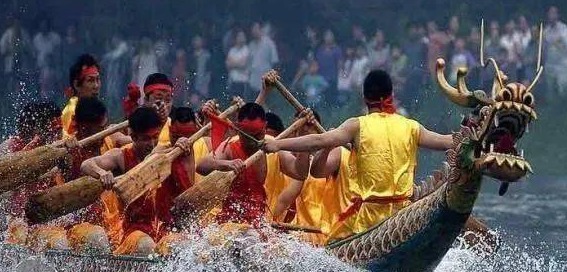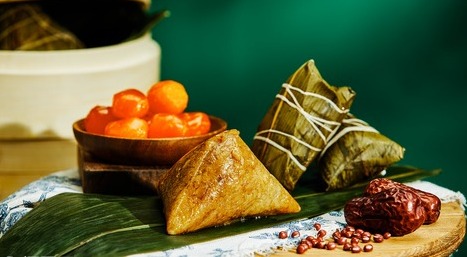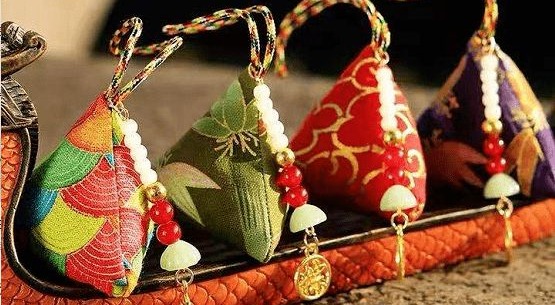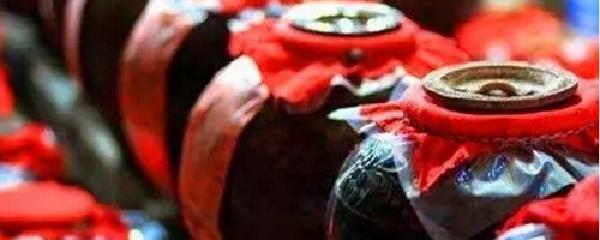Holiday period: May 31st to June 2nd 2025.
The Dragon Boat Festival (端午节, Duānwǔ Jié), celebrated on the 5th day of the 5th lunar month, is one of China’s most colorful and historic holidays. With origins dating back over 2,000 years, this festival blends legend, food, and community spirit. Here’s a look at its fascinating customs:
1. Dragon Boat Racing ?♂️
The most iconic tradition is dragon boat racing, where teams paddle long, ornate boats to the rhythm of drums. This practice honors Qu Yuan, a patriotic poet who drowned himself in the Miluo River. Locals raced their boats to save him (or retrieve his body), now reenacted as a thrilling sport symbolizing teamwork and perseverance.
Fun Fact: Modern races are held worldwide, from Hong Kong to San Francisco!

2. Zongzi: The Sticky Rice Delicacy ?
No festival is complete without zongzi (粽子) – pyramid-shaped glutinous rice dumplings wrapped in bamboo leaves. Fillings vary:
Northern China: Sweet (red bean, dates)
Southern China: Savory (pork, egg yolk, mushrooms)

These tasty bundles were originally thrown into rivers to feed fish (protecting Qu Yuan’s body), but today, they’re a beloved family treat.
3. Hanging Herbs & Warding Off Evil ?
To combat summer diseases and evil spirits, people hang:
Mugwort (艾草, ài cǎo) and calamus (菖蒲, chāng pú) on doors.
Colorful silk pouches filled with herbs (for kids).
Ancient Chinese believed these plants had protective and healing powers—a tradition rooted in folk medicine.

4. Realgar Wine & the Five Poisons ☠️
During the festival, some adults drink realgar wine (雄黄酒, xiónghuáng jiǔ), believed to repel pests and diseases. Parents also draw the “Five Poisons” (snakes, scorpions, etc.) on children’s foreheads for protection.
Note: Realgar contains arsenic, so modern celebrations often skip this or use symbolic substitutes!

5. The Legend Behind the Festival ?
The festival honors Qu Yuan (340–278 BC), a Chu Kingdom poet-minister who drowned in despair after his kingdom fell. Villagers raced boats and threw rice to protect his body, creating traditions that endure today.
Other theories link the festival to:
Dragon worship (ancient agricultural rituals).
Summer solstice health practices.
Why It Matters Today
The Dragon Boat Festival isn’t just about history—it’s a living tradition that:
✅ Connects generations
✅ Promotes cultural pride
✅ Fosters community (through races and feasts)
In 2008, China made it a public holiday, ensuring its legacy continues.
Join the Celebration!
Whether you’re racing boats, unwrapping zongzi, or hanging herbs, the Dragon Boat Festival is a vibrant way to experience Chinese culture.